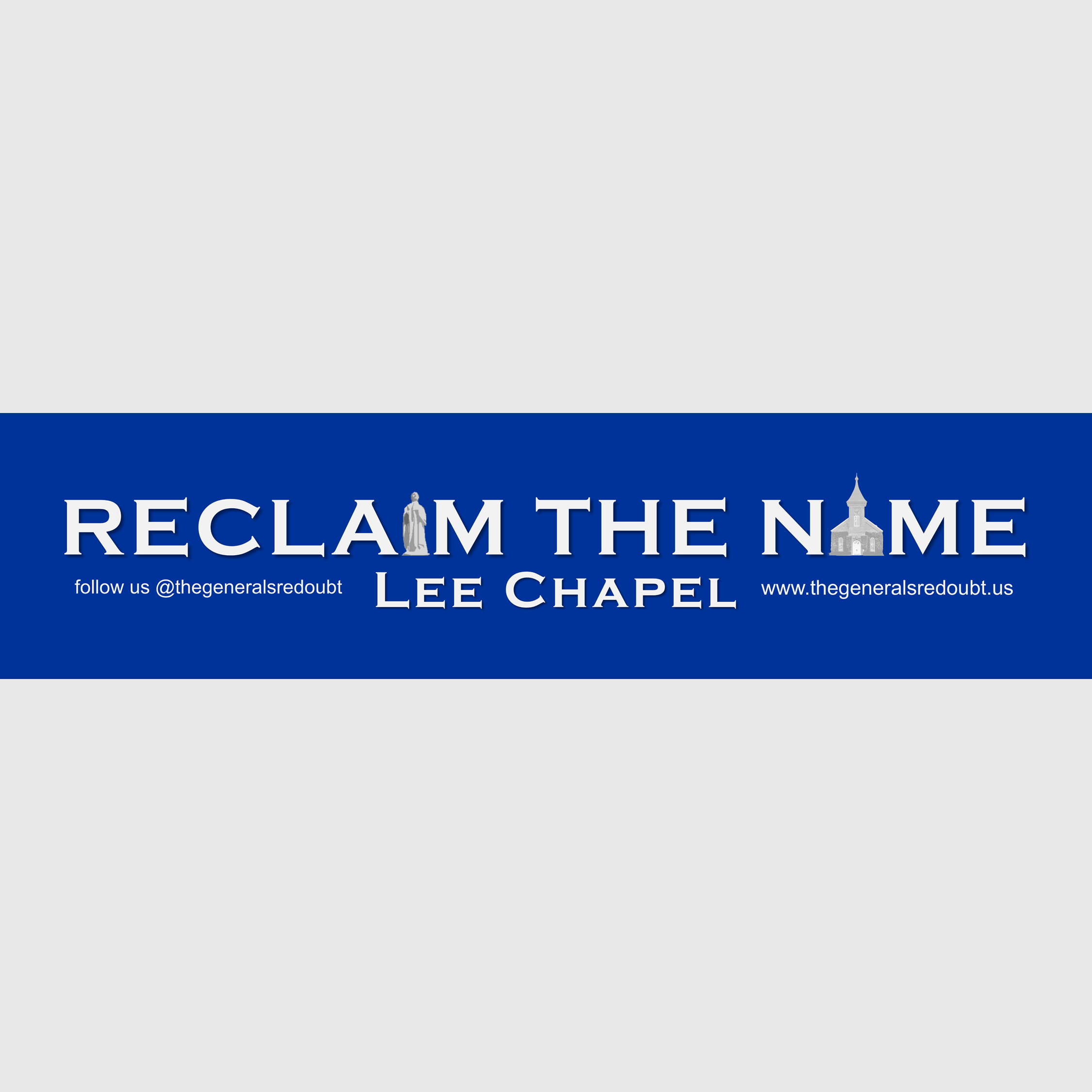
Preserving the Legacy, Advancing the Mission
Empowering the Washington and Lee community to uphold honor, tradition, and the values that define excellence.

Preserving the Legacy, Advancing the Mission
Empowering the Washington and Lee community to uphold honor, tradition, and the values that define excellence.

Preserving the Legacy, Advancing the Mission
Empowering the Washington and Lee community to uphold honor, tradition, and the values that define excellence.
ABOUT US
The Generals Redoubt
The Generals Redoubt empowers alumni, students, parents, and friends, in the Washington and Lee University community, to advance our institution’s unique history so that future generations of students may be enriched by the timeless traditions of honor, civility, and a classical liberal arts education set forth by our University’s namesakes.
















